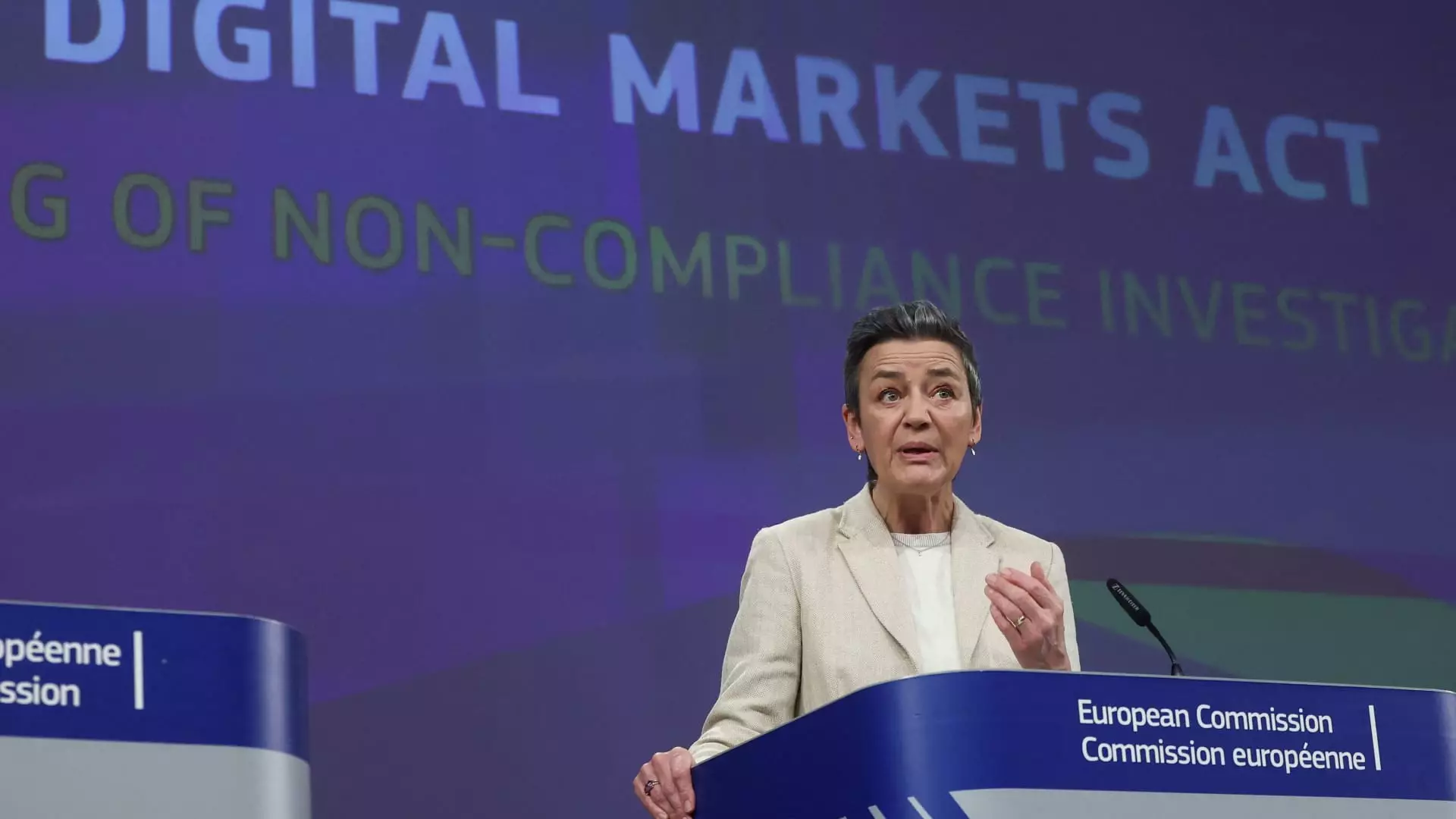Apple has been under scrutiny by the European Commission due to a number of “very serious” issues related to the Digital Markets Act (DMA) that aims to regulate Big Tech companies. The EU’s competition chief, Margrethe Vestager, highlighted that the investigation into Apple, along with Alphabet and Meta, raised concerns about anti-competitive behavior. One of the main issues revolves around whether Apple is impeding businesses from informing users about alternatives to purchasing products or subscriptions outside of the App Store.
Reports have surfaced indicating that regulators are gearing up to press charges against Apple under the DMA. If found in breach of the rules, Apple could potentially face fines of up to 10% of its global annual revenue. While the exact details of the charges have not been confirmed, the allegations could have significant implications for Apple’s operations in the EU. It is essential for Apple to address these concerns promptly to mitigate any potential penalties.
Margrethe Vestager emphasized the importance of holding all companies accountable, regardless of their size or influence in the market. She reiterated that enforcing compliance with competition rules remains a top priority, particularly when it comes to addressing anti-competitive practices within the tech industry. Vestager’s track record of imposing hefty fines on major tech firms like Google’s parent company, Alphabet, underscores her commitment to promoting fair competition and consumer protection.
As Vestager approaches the end of her term as the EU’s Competition Commissioner, she expressed her eagerness to take a break after a decade of intense regulatory activities. Her tenure has been marked by vigorous investigations into tech giants and imposing substantial fines for violating competition laws. Despite her impending departure, Vestager’s legacy of championing market integrity and combating monopolistic behavior is poised to endure within the EU’s regulatory framework.
Apple’s entanglement in the EU’s regulatory scrutiny reflects a broader trend of heightened antitrust enforcement against Big Tech companies. The outcome of the ongoing investigation will not only shape Apple’s compliance strategy but also set a precedent for how multinational corporations navigate the regulatory landscape in the EU. As the tech industry faces increased regulatory oversight, companies must proactively address anti-competitive concerns to maintain a favorable standing with regulators and consumers alike.

